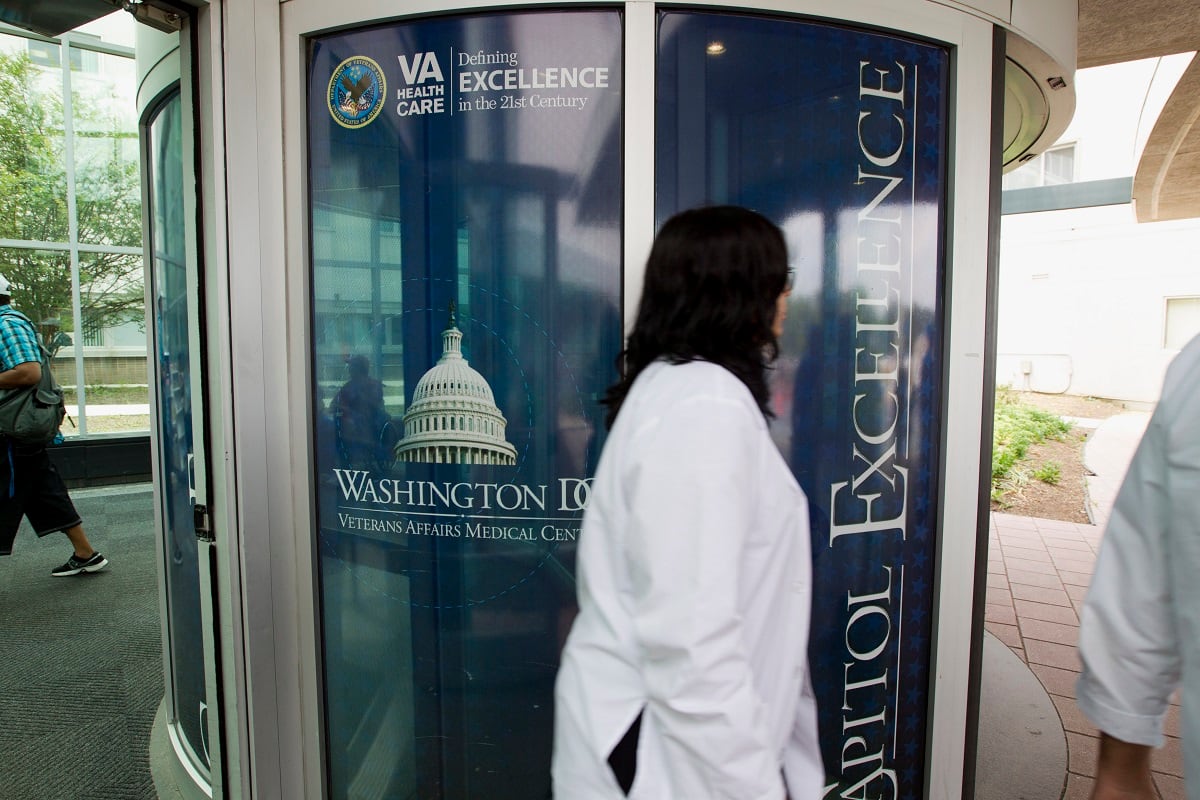The Navy’s top civilian said Wednesday the sea service is seeking more money for mental health resources in the upcoming budget.
Speaking to reporters, acting Navy Secretary Thomas Harker said the Department of the Navy has already requested the reprogramming of funds in the current budget to increase such resources as well.
Much of the reprogramming request and budget increase would go toward embedded mental health practitioners such as chaplains, psychiatrists and trained corpsman who are on the “pier front” with sailors and Marines, he said.
“This is an area we strongly believe in because it helps get people access to treatment at an early level,” Harker said, adding that the Navy budget is expected to be released next week.
May is Mental Health Awareness Month, and Harker released a video earlier this month sharing how he sought mental health assistance at several times to deal with issues in his personal and professional life as a U.S. Coast Guard member.
“It was important to me to be able to talk about how mental health treatment has helped me,” he said Wednesday of the video. “It has not affected my (security) clearance. It has helped me … to achieve happiness.”
The Pentagon’s latest report on military suicides in 2020 showed a dip in the number of sailors who killed themselves compared to 2019, from 73 to 63, respectively, though the April report cautioned that such data was preliminary.
The Navy has averaged nearly 61 sailor suicides since 2015, according to Pentagon data.
Harker said he understands the stigma involved with military members seeking mental health help, and that military and veteran suicide “are huge problems.”
Every commander Harker has spoken to has had a member of their command die by suicide, he said, and the stress of the COVID-19 pandemic has made things even harder for some.
“It’s heart-wrenching when you think about people that are so distraught that they take their own life when treatment is available,” Harker said. “I couldn’t be in this job and not speak.”
RELATED

Chief of Naval Operations Adm. Mike Gilday and his wife, Linda Gilday, put out a similar message last week encouraging the fleet to reach out if they need help.
“I know this past year has been hard,” the Navy’s top officer said. “Many of you have endured extended deployments, had increased stress levels, or felt isolated or overwhelmed.”
“You wouldn’t hesitate to seek help for a physical issue or take care of yourself in some other way,” Linda Gilday said. “So, reach out for assistance with depression or anxiety or other mental health concerns, and encourage others to do the same.”
“To all of our leaders out there, no matter your rank, let me be clear,” Gilday said. “Talk to your people, listen to them, be available, and encourage them to seek help if they need it.”
If you or someone you know is in crisis, servicemembers, veterans and family can call the 24/7 Military Crisis Line at 1-800-273-8255, or via live chat at veteranscrisisline.net.
Geoff is the managing editor of Military Times, but he still loves writing stories. He covered Iraq and Afghanistan extensively and was a reporter at the Chicago Tribune. He welcomes any and all kinds of tips at geoffz@militarytimes.com.





